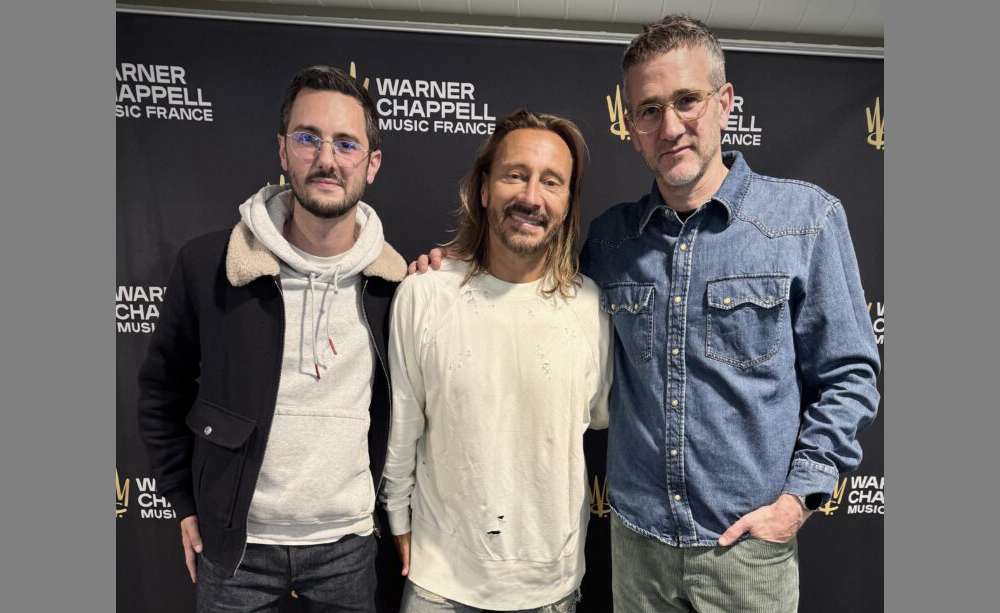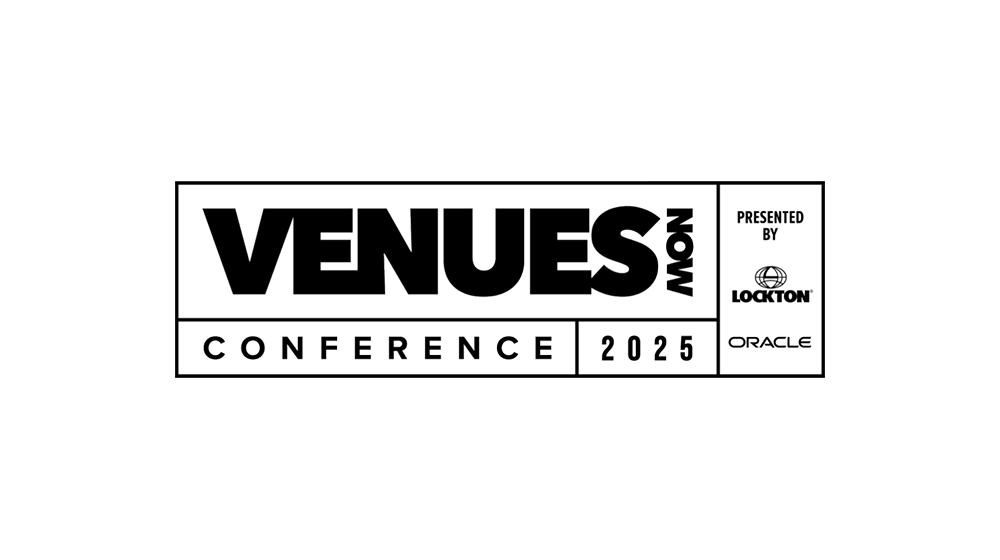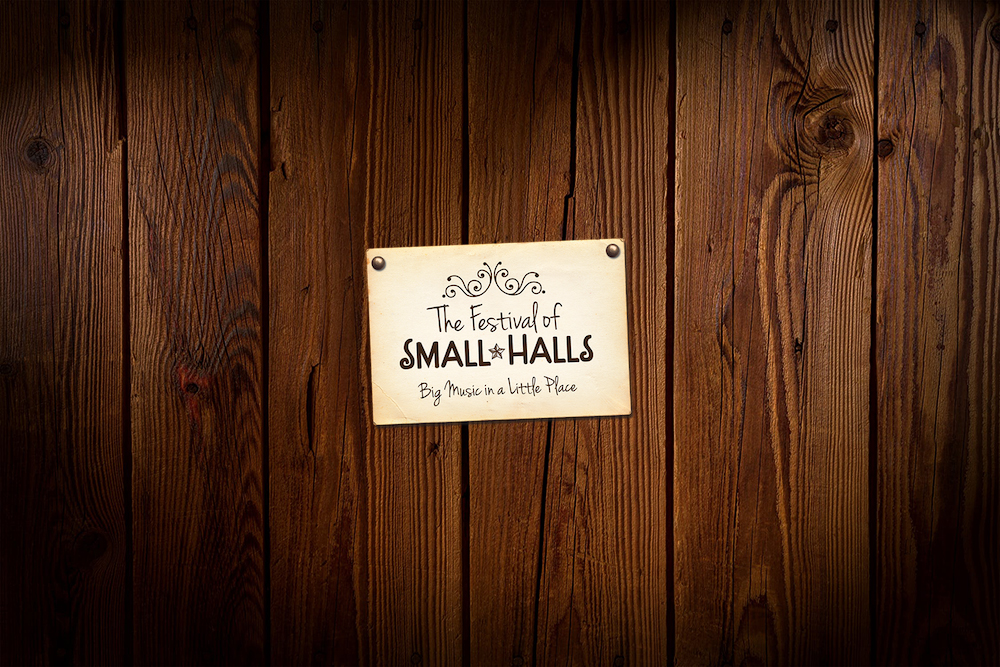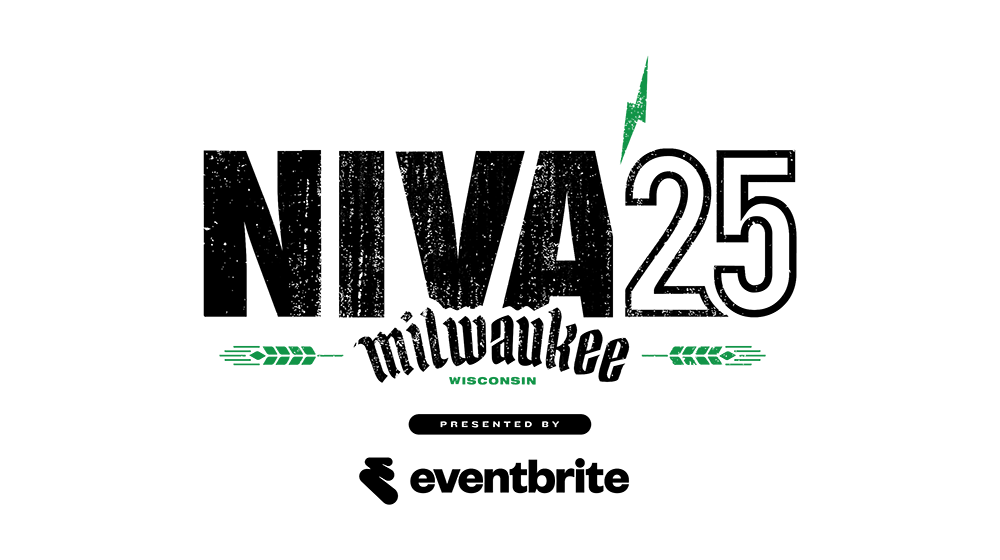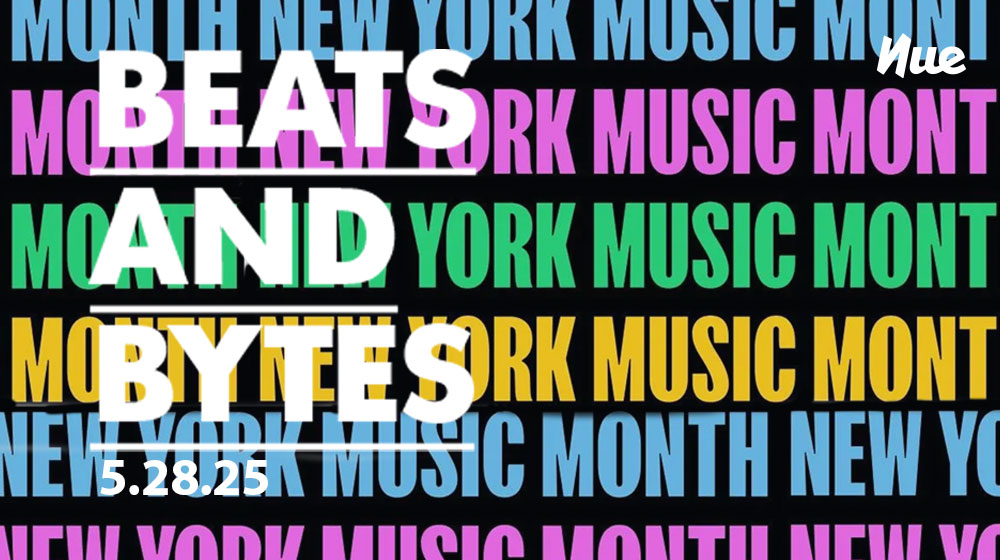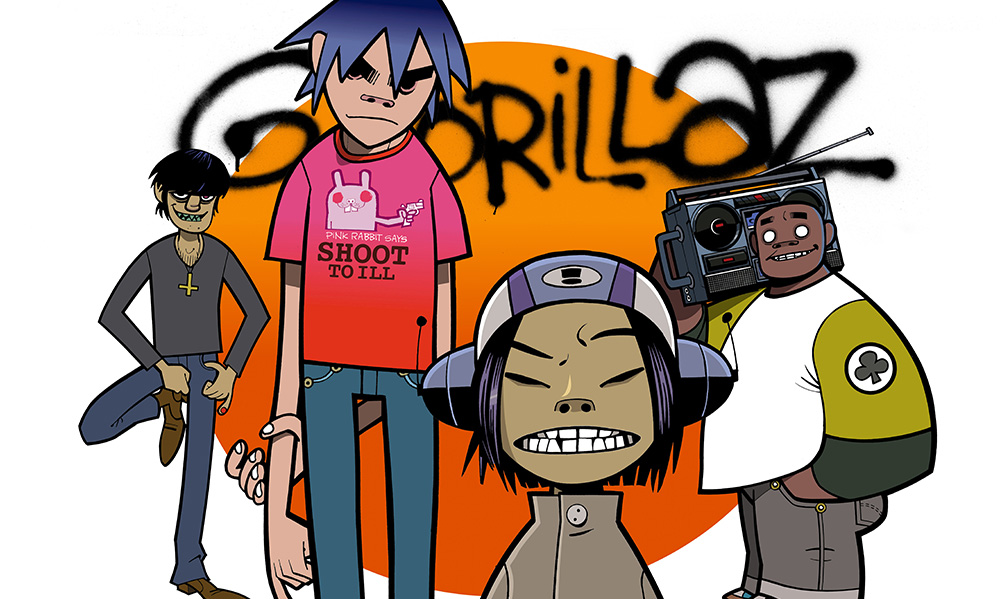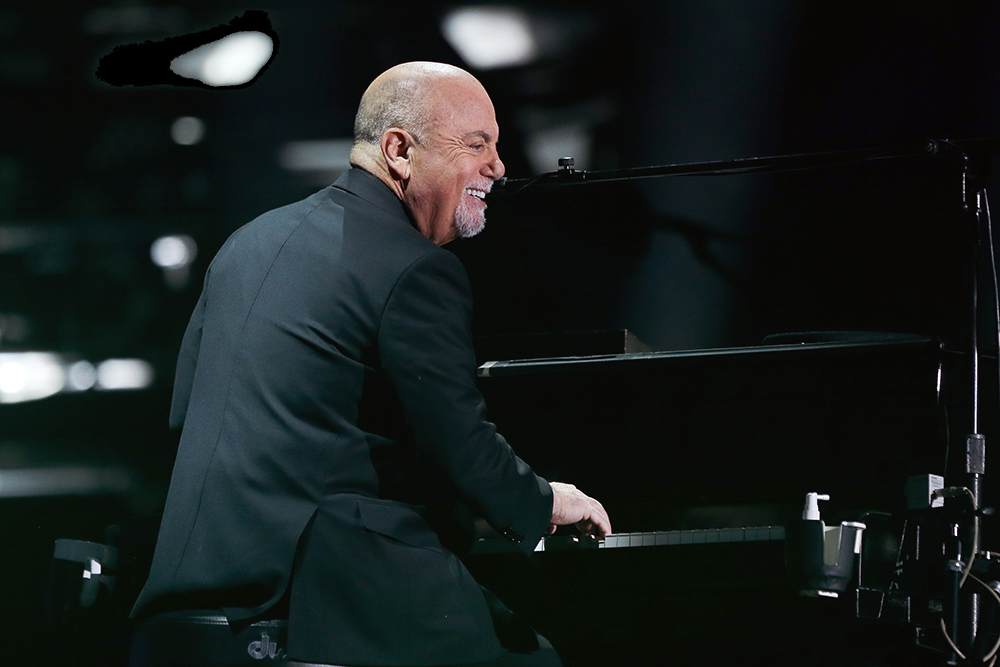
I got it from Evan.
Not that I was unaware of the hype. But that's how it registered to me, as hype, and I hate hype. Did you see the "Holiday Movie" sections in yesterday's L.A. and N.Y. "Times"? Who reads these? The newspapers say they must survive, but was this really news? Don't we all just wait until the movies come out, whereupon the wisdom of the crowd tells us whether to go or not? No, these newspaper sections were not for us, they were for advertisers, they were about revenue, they were hype, and like I said, I ignore hype, and more and more people do every day.
But Evan was testifying. Telling me he enjoyed the book so much that he tracked Jerry down and went to lunch. And that he'd give me a copy so he'd be sure to see me again, I'd have to return it.
So it lived in the backseat of my car.
I've got to have a book in the car. You know how long you can wait to see the doctor? I'm not saying you can read "War and Peace", but I've read an entire book in waiting rooms this year.
So I was reading Jerry Heller's book, about Eazy-E, Ruthless Records and West Coast rap. And I learned a few things and I enjoyed it, especially the fact that Jerry pulled no punches, but occasionally the timeline didn't make sense and it just made me feel that lunch or dinner with Jerry would be so much better, to hear the stories live in an unexpurgated fashion.
But I don't need to go to lunch with Jerry Weintraub.
I wasn't gonna read it. I've had enough of non-fiction. People telling their tale for money. But I got hooked.
And I'm not telling you to read it for the stories, but for the sensibility! You know how your dad always had his lessons, used to whip out stories from his past to illustrate how you should live your life? That's what I get from Jerry Weintraub's book. It's like a lesson from your father, which you can ignore, but never forget. You may not be the same person, but suddenly, when you least expect it you'll hear his voice, pointing the way.
But the other reason Weintraub's book is fascinating is it portrays the true entertainment business, the one driven by hustlers, not big corporations surviving on their own momentum. In the world of the hustler, when he dies, so does the company. The hustler needs no college degree, no relatives in the business, he can find his own way, by wits alone.

That's what's wrong with today's entertainment business. Or maybe it's yesterday's. Everybody wants to suck at the tit of the corporation. Hell, even Jimmy Iovine went inside. And he's a hustler. Same deal with Irving Azoff. Beware of a hustler running a corporation, because really, he's only in it for himself. He's got no choice, it's in his DNA.
Or Lyor Cohen telling me about file-trading… It's got to be stopped, not for any moral reason, but because Lyor needs to be protected, Lyor needs to get paid.
Unless you understand these Damon Runyon characters, you cannot understand the entertainment business. They created it, run it and will continue to do so. People who can talk a mile a minute, promise what they do not have and ultimately deliver it.
Jerry Weintraub heard a casino was offering 50k a week for a show… He didn't tell the Boss he had nothing, he created an extravaganza out of thin air. He cold-called the Colonel ad infinitum until he agreed to put Elvis on tour. Meanwhile, Jerry learned on the gig, screwed up again and again. But a hustler adjusts, a hustler learns as he goes along, and when he's through, he knows more than you.
A hustler knows he's not the talent. He hustles so the artist can create. If someone gives you deep down creative advice, chances are he's not a hustler and will not get you where you want to be unless he hustled in his youth and is such a big deal these days that he can call all the shots.
Hustlers? Shawn Fanning's uncle. He ruined the record business. Sure, Shawn and Sean Parker created the service, but it was Fanning's uncle who saw how much money could be made. And if the labels were run by hustlers, they would have made a deal. Because hustlers know stasis is impossible, or as Weintraub says, the landscape changes every ten years, the tablecloth is jerked off, the dishes fall to the floor and there are all new settings. Be prepared.
Steve Jobs? Maybe the ultimate hustler. Have you seen that video where he and his minions keep saying everything is great?
http://www.youtube.com/user/Lockheed91
Apple's breakthrough product, the iPod, was not an innovation, just a better iteration of what came before. Packaged and sold incredibly well. A hustler doesn't have to be an innovator, he just needs to build upon the past, deliver a better lightbulb.

And maybe that's why tech's triumphed in the past decade. Because tech is all about hustlers and entertainment is all about people in suits working for a paycheck trying to maintain what they've already got. Can you believe it's ten years later and we still haven't solved the P2P crisis? Eradication doesn't work, but the rights holders will not admit we live in a new era that requires new deals. They're coming from behind instead of in front. A hustler is always ahead of the game, can you say this about the modern entertainment business?
So we know that one day we'll wake up and a band we've never heard of will be the biggest in the land and its manager/record company will also be someone we've never heard of. A hustler. Who will see no reason to play with the usual suspects, who'd rather do it alone, controlling his own destiny. A hustler does not want to stay in school, he wants no restrictions, he wants to do it his way.
And then everybody runs to the hustler. Frank Sinatra calls Jerry Weintraub. Irving Azoff manages not only the Eagles, but Steely Dan, Boz Scaggs… Hell, remember when everybody wanted to sign with Interscope?
And the rest of the players decry this. They say that the hustler is just that. That he's not educated, sophisticated, can't be trusted… But the clients love the hustler. Because the hustler will do anything for the client in order to keep him happy and get ahead. And that's ultimately what the client wants, to get ahead. They're not looking for a friend, they're not even looking for honesty, they're looking for success.
So read "Billboard". Or listen to the guy on the panel working for the label. You'll just insure that you're a loser.
But if you read Jerry Weintraub's "When I Stop Talking, You'll Know I'm Dead", you'll learn how to be a winner.



























